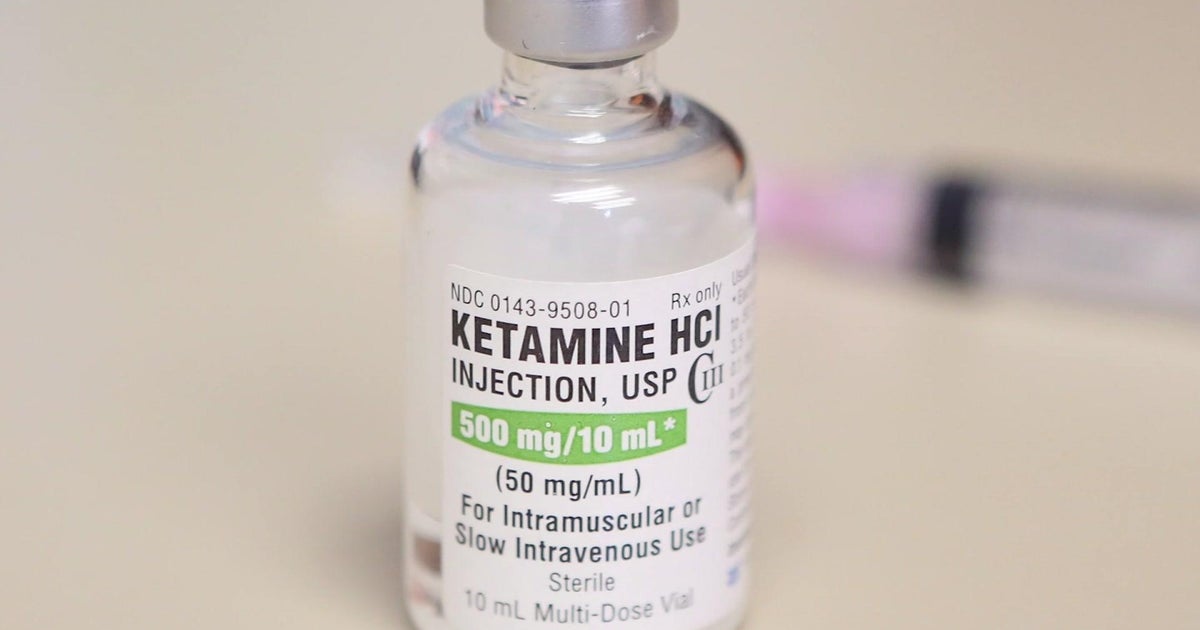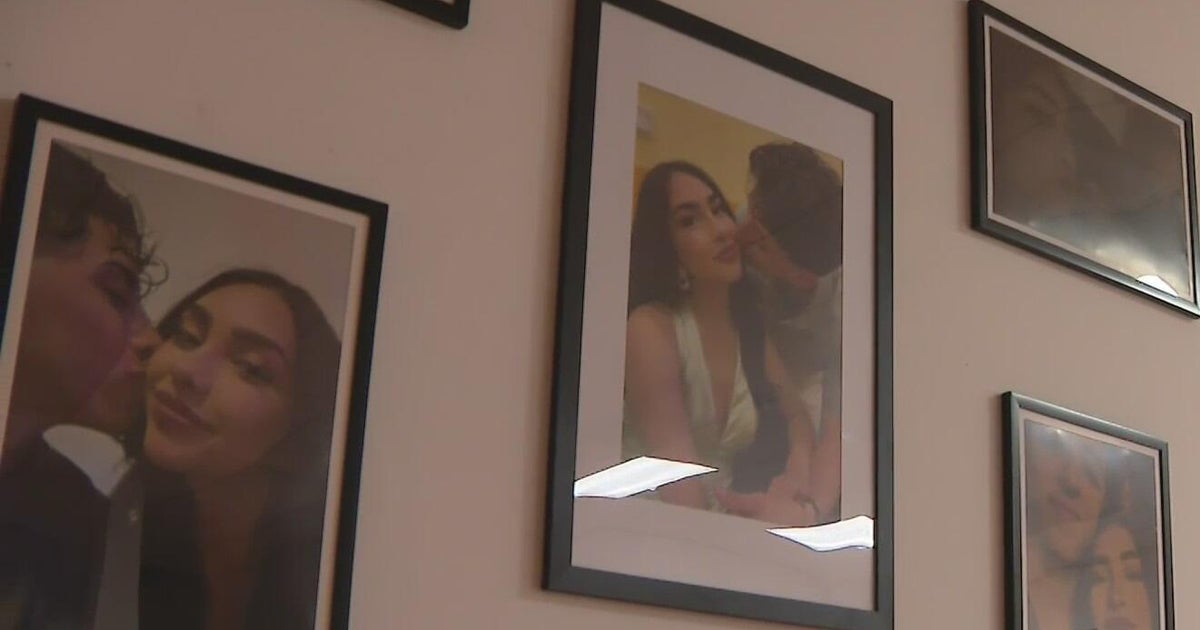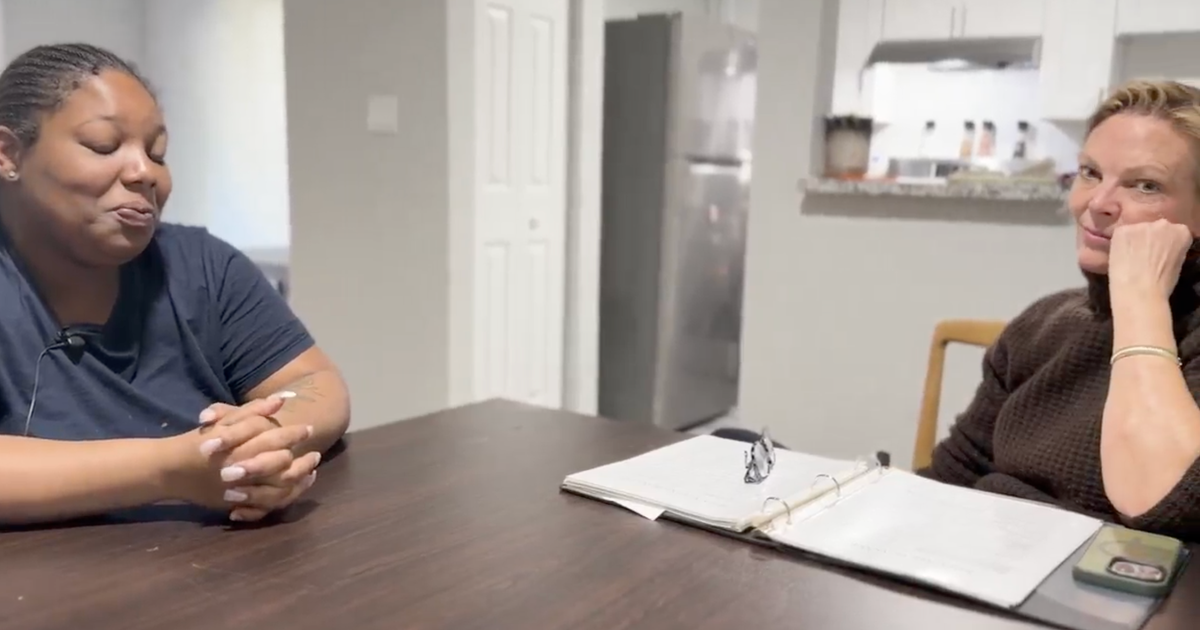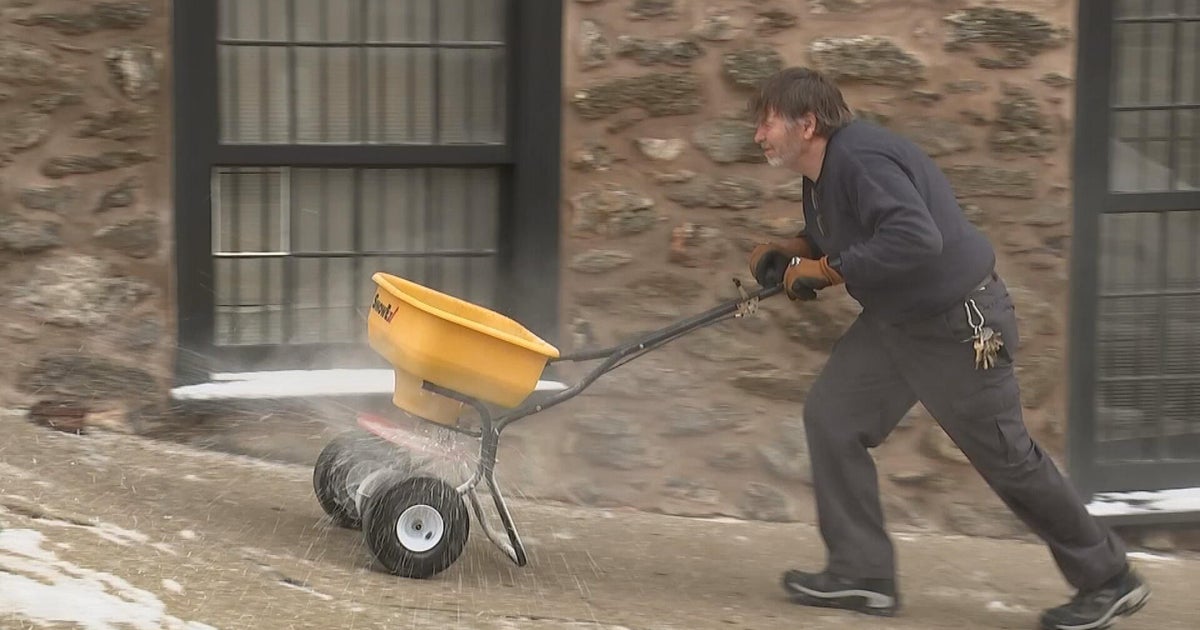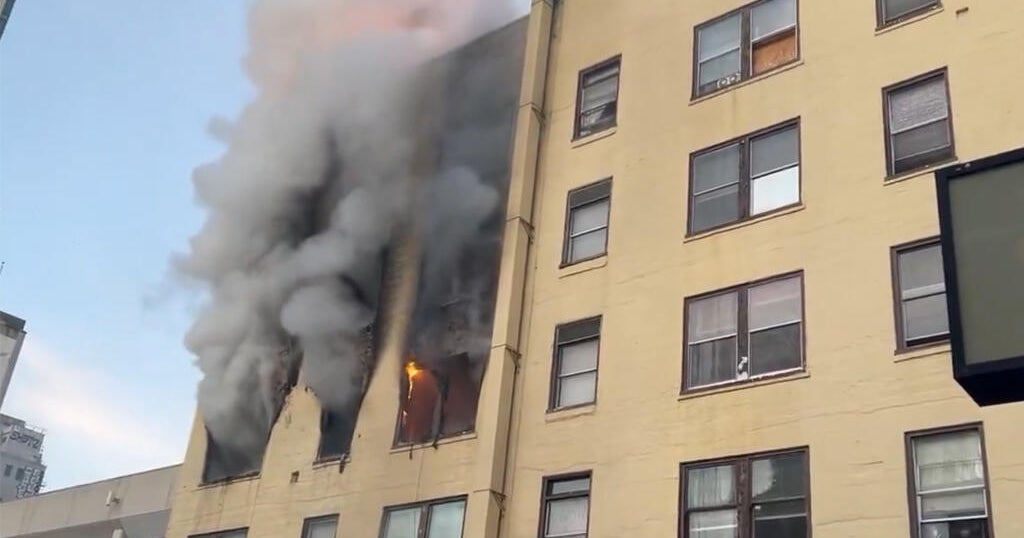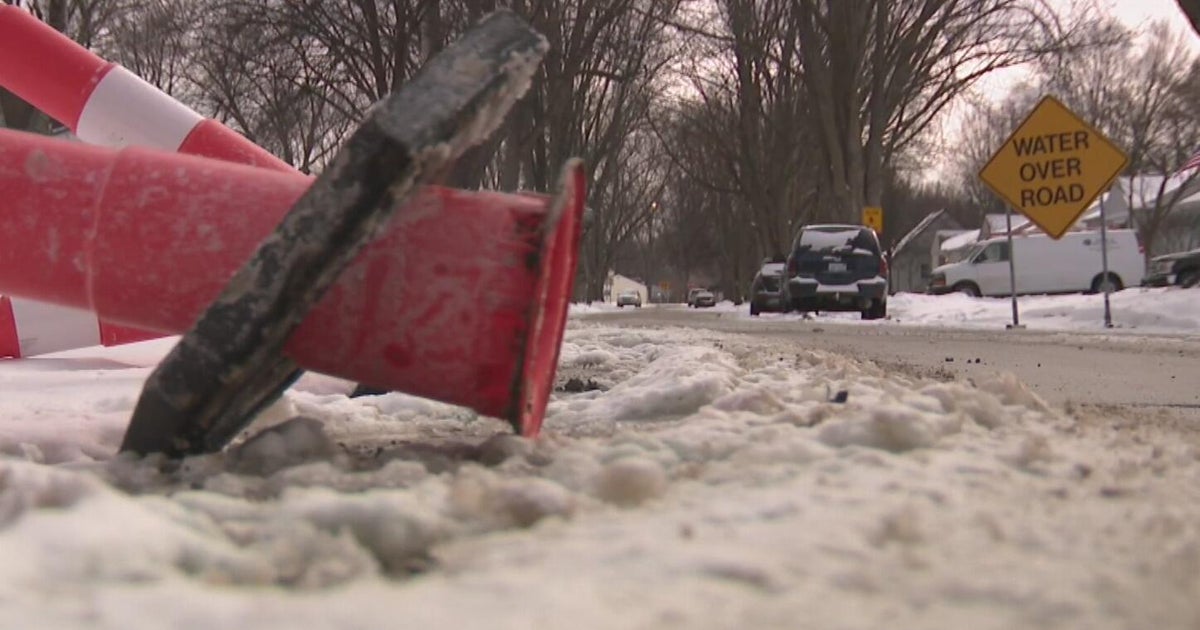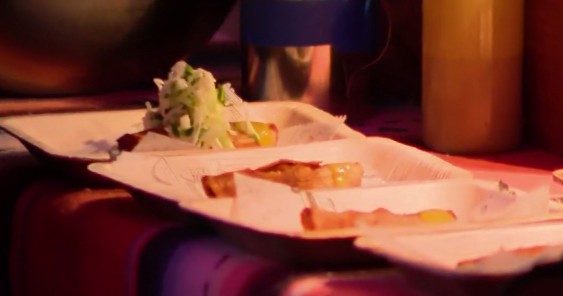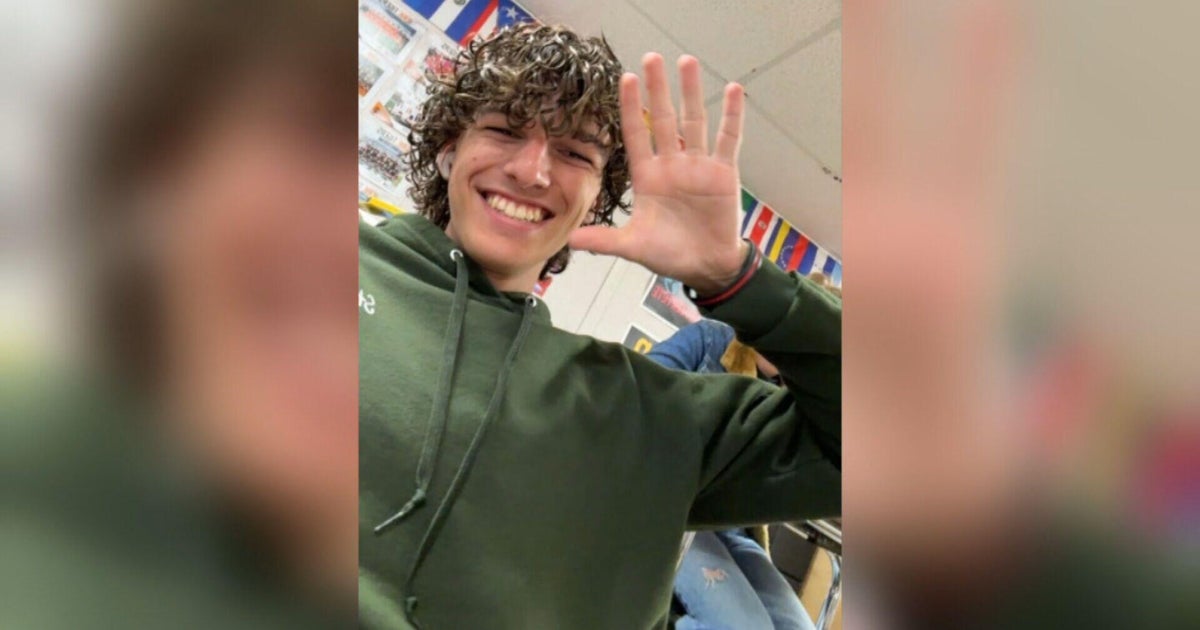Mothers who lost loved ones to suicide share their story, hope to break stigma
CHANHASSEN, Minn. — Loss of any kind is hard, but losing someone to suicide can be especially complicated, and knowing how to support someone through it can be tough too.
On a sunny Wednesday in May, six women met at the Grief Club of Minnesota. They came to share their stories in hopes of helping others.
"This is a club you wish no one was a member of," Denise Holtz said.
The women each have their own unique stories, but share a familiar pain. They've all lost loved ones to suicide.
Nancy Skarohlid lost her youngest son Jack to suicide when he was 15 years old. Thuy Husmann's son Aaron died at 17 years old. His funeral was on the same day as Zane's, the son of Renee Klein.
"Zane was probably the smartest person I ever met," Klein recalled.
Brenda Wood lost her sister eight years ago. Her name was Lauren and she was 23 at the time.
"Our experiences are different but the pain, the anguish, the 'what ifs', that's a common thread," Husmann said.
They're sharing their journeys to break the stigma and talk openly about suicide, mental health and grief.
"There are so many ways to speak about it and it must be talked about in order for people to be able to understand and to be able to make it go away," Wood said.
They said losing a loved one, or supporting a friend through loss, has changed the way they parent.
"We did a lot of right things as parents to help him mental health-wise, but there's a lot missing. And it goes back down to internet use, smartphones, you don't know who your kids are talking to or what is coming into their brains," Klein said.
"I'm not looking at just when they're quiet something is off, but also when they're happy. Because with Aaron, you would not have guessed that he was battling his demons," Husmann said.
"I like to think of re-framing how we embrace our children, how we put them out in the world as who they are and not what they've done," Skarohlid said.
"We live in a high-pressure society where you want them to do the best, you want them to succeed, you want them to do all the things, you want them to go to the best college, everything. And I just want them alive. That's all I want," Wood said.
Many of the women have found support through the Grief Club of Minnesota.
"We want people to know, that our only purpose is to be here, and to provide hope," Executive Director, Co-Founder and Grief Counselor Sarah Kroenke said.
They offer counseling and support to grieving children, teens, young adults and their families all at no cost.
"Just like love, grief doesn't go away. And so that's why we are here to walk that journey with families, however long they need us, and making sure their mental health is in a healthy state as well," Kroenke said.
Grief can feel isolating, but there is help out there.
"There are so many resources out there, but the problem is we kind of push them aside until we need it. And then when we need it, it's so overwhelming that we don't know where to start," Wood said.
Wood said she recently learned about The National Alliance on Mental Health's "Warmline" for people seeking emotional support.
"They also have what I just learned about, a parent warmline. So if it's not a crisis, but I just have a question. Is this normal? Is it not?" Wood said.
Through her pain, Husmann and her circle of support are trying to help others. They held a pop-up holiday shop at Eden Prairie Center in Aaron's honor to raise money and mental health awareness. On the anniversary of his death, the community tied ribbons around the city, letting others who are struggling know they aren't alone.
Husmann also started sharing her grief journey, resources and events on a website.
"I hope that everything we've done with the ribbon ceremony, raising money and awareness, has helped one family, one person, know that they matter and that somebody cares," Husmann said.
Though at times it may feel dark, the women are still finding the light within themselves, their families, and each other.
"What I wish Jack would have known: If you're at the end of the rope, you should tie a knot and you should hang on. So some of the connections I've made have been the knot I'm hanging onto getting me to the next moment, Skarohlid said.
"To just think how wonderful it would be if by just sharing that something seems off or they're really struggling, that you get to talk to that friend the next day, the next week. If anything good comes out of this dialogue, I think that would be my wish. That would be my hope," Husmann said.
"We cant fix this. We can't bring Aaron back. But if we can sit with a family or raise awareness or help with the kids, it's helping us as much as it's helping them," Amy Anderson said.
If you or someone you know is in emotional distress, get help from the Suicide and Crisis Lifeline by calling or texting 988. Trained crisis counselors are available 24 hours a day to talk about anything.In addition, help is available from the National Alliance on Mental Illness, or NAMI. Call the NAMI Helpline at 800-950-6264 or text "HelpLine" to 62640. There are more than 600 local NAMI organizations and affiliates across the country, many of which offer free support and education programs.
